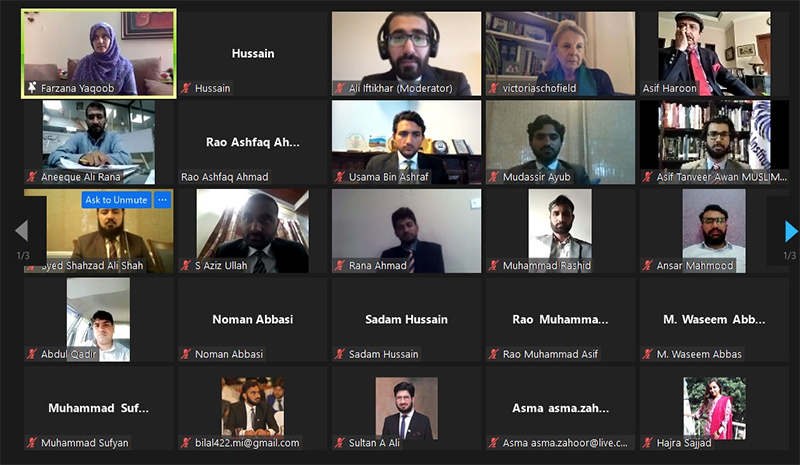|
In October 27, 1947, India illegally occupied the Jammu & Kashmir. Not only did India go against partition-plan of the sub-continent but also violated international law and humanitarian norms. Recently on August 5, 2019, India went one step still further and dishonoured even its own founding father’s commitments by abrogating the special status of Indian Illegally Occupied Jammu & Kashmir (IIOJK) through revocation of article 370 and 35A of the Indian Constitution. Through this act, clearly violating the UN resolutions of 1948, India has tried to alter the disputed status of the IIOJK and demographic structure as part of the vicious plan of the ‘Hindutva’-driven RSS-BJP. However, the illegal and unilateral actions of the Indian fascist BJP-led administration have categorically been rejected by the courageous Kashmiri people, Pakistan and the international community at large.
|
| |
|
|
|
|
|
Most importantly, Kashmiri people even before August 5, 2019, continued to suffer from black laws, constitutional and political repressions, economic insecurity, cultural victimization and religious curtailment of their rights by New Delhi. But, after August 5, 2019, New Delhi took away and scrapped the very constitutional laws that would bear at least on the paper. These laws and the structure were something that was consoling Kashmiri people whose generations have lived in this part of the illegal Indian occupied Kashmir. Although they were always nervous, tensed and suffered the feeling of victimhood, still hopeful that the plebiscite by the United Nations let them express their right of self-determination. The people of Kashmir, after this tragedy, are under a painful psychological siege that is evident in their writings and narrative. They are passing through an ongoing trauma, extreme depression, suffocation, loneliness, and feeling of being pushed against the wall. Contrary to some claims, this feeling is not limited to the youth only, but all encompassed to even family levels. Even though the women feel insecure in moving around, they are still courageous enough to come out in demonstrations against the Indian occupation.
|
|
|
|
|
|
|
|
